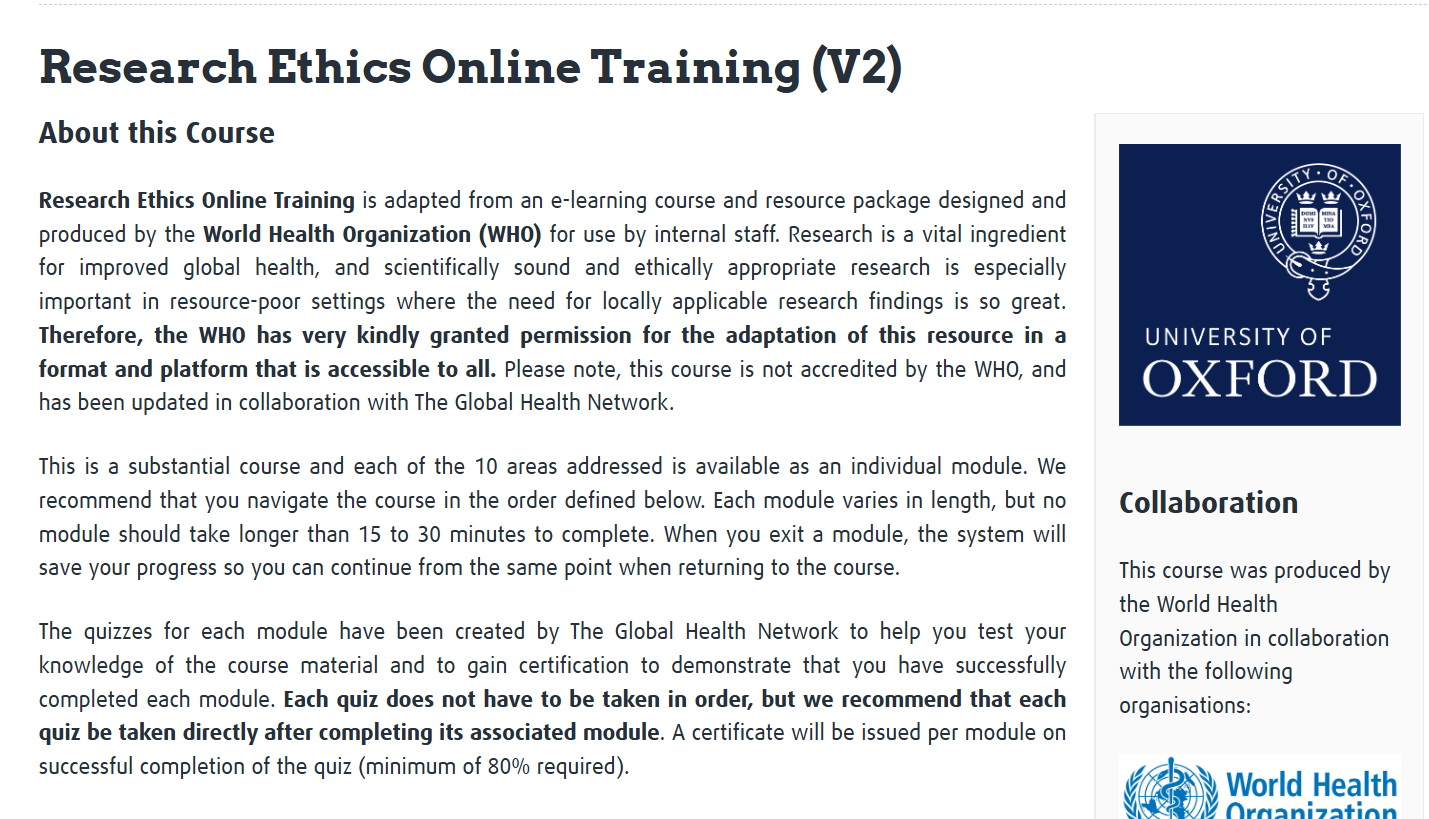Last Updated: 22/05/2025
Understanding the risks and benefits of newly developed irrigation schemes in western Kenya in the context of malaria elimination
Objectives
This study will investigate changes in land use, cropping systems and the distribution of water that are suitable for mosquitoes and relate these to potential changes in people’s mosquito prevention behaviour, changes in socio-economic status and nutrition in children of households benefiting from the agricultural production compared with those not benefitting. It will also investigate the diversity and numbers of malaria-transmitting mosquitoes in homes and malaria parasite infection in children.
Specific objectives of the project are to understand:
- Impact of introduced gravity-fed irrigation on land use, aquatic habitat distribution and vector production
- Influence of introduced gravity-fed irrigation affects the Anopheles populations including species composition, seasonality, biting patterns and sporozoite infections
- How introduced gravity-fed irrigation affects the socio-economic and nutritional status of community, malaria prevention measures and/or behaviours and malaria prevalence and incidence rates
- Important geo-spatial variables that are important for malaria propagation on farm- and landscape scale
- The effectiveness of intermittent irrigation and larviciding with monomolecular surface films for mosquito control in irrigated fields
International centre for Insect Physiology and Ecology (ICIPE), Kenya
Sub-Saharan Africa’s population is growing quickly and it has been recognised that food security can only be achieved by increasing agricultural production. This requires using irrigation to expand crop cultivation to unexploited land areas. Kenya has planned several large-scale irrigation schemes to improve nutrition and people’s socio-economic status and quality of life. Unfortunately, irrigated agriculture may also have adverse health effects, by intensifying of mosquito-borne diseases, such as malaria. Irrigation will lead to an increase in potential breeding sites for mosquitoes but whether this will consequently lead to an increase in cases of malaria depends on the interaction of environmental, behavioural and economic factors. The study will provide data for policy makers so that they can improve planning of irrigation systems without having a negative effect on health.
Feb 2020 — Oct 2021
$15,746


